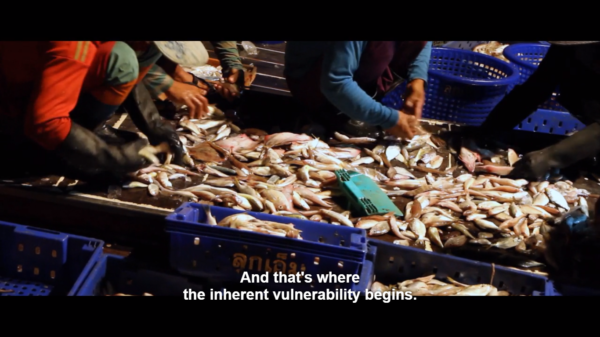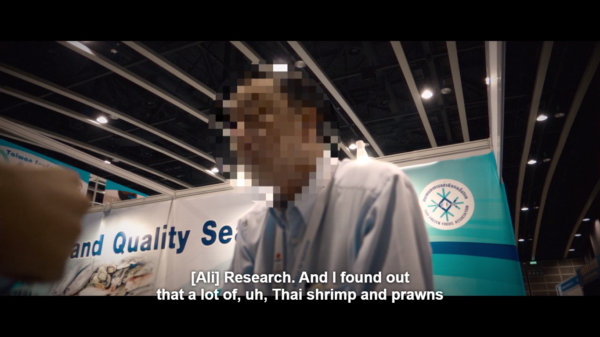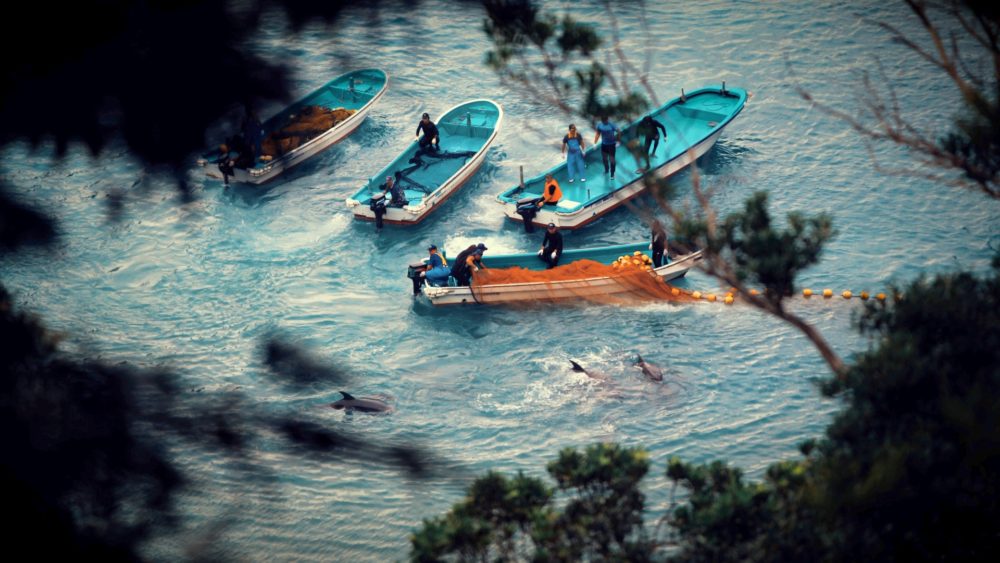A sexy Netflix doc leaning on images of swarthy Asian thugs to call out the sins of Thailand’s fishing industry isn’t just being criticized in the kingdom but by a slew of environmental organizations and experts worldwide.
In fact, Netflix’s Seaspiracy has been slammed for being chock full of misinformation and twisting the science on what’s damaging the world’s oceans while using racial stereotypes to tell a story that minimizes the threat of climate change and plastic pollution.
“Though the film misleads viewers with oversimplified science, its real harm is that it ignores the history, culture, and systemic inequities that are entwined with ocean conservation,” wrote marine biology magazine Hakai Magazine.
Made by British filmmaker Ali Tabrizi, Seaspiracy premiered globally late last month on the streaming service and quickly rose to one of its top 10 most-watched offerings in 30 markets, a popularity in part credited to its controversy. The film has been both praised for bringing up marine issues while others have filleted it for scientific inaccuracies and bias.

The several minutes of the film addressing illegal practices and slavery in Thailand’s fishing industry have invited strong objections from the Thai Navy. That wouldn’t be surprising – it has sued over reporting it didn’t like in the past – were it not alone in complaining.
“The voices of people who are actually on the front lines of fisheries are largely absent outside of [the filmmaker’s] interviews with three men who were slaves aboard Thai fishing boats that take up a relatively small portion of the film,” Gizmodo reporter Brian Kahn wrote yesterday in a diatribe simply titled Don’t Watch Netflix’s Seaspiracy.
Kahn also criticized the film for “playing up racial tropes.”
“The bad guys are Asians, specifically Japanese whale and dolphin hunters and Chinese consumers of shark fin soup. The good guys — in this case, the experts he cites — are mostly white,” Kahn wrote.

The London-based Marine Stewardship Council says the film contains “several inaccuracies,” while the international Plastic Pollution Coalition accused the filmmakers of “cherry-picking” quotes to support their preferred narrative.
Thailand was humiliated in 2015 when the scope of its fishing boat slavery problem was dragged into the light by reporter Thapanee Eadsrichai. The ensuing crackdown reined in the abuses, though they still persist on a smaller scale. Illegal fishing practices emerged as an even larger economic threat when the EU threatened to embargo all Thai seafood, a position it relented on after saying Thailand had taken adequate steps to solve the problems.
Given that history, Thai navy reps struck out at the film’s “outdated” portrayal.
Thai Maritime Enforcement Command Centre spokesman Rear Adm. Pokkrong Monthatpalin called out the film’s roughly six minutes that begin about an hour in that focuses on those issues.
Pokkrong said the scenes on Thailand, some of which were shot in Bangkok and an “undisclosed location” in the south, presented “outdated” information, saying the government had taken action and remains committed to tackling human trafficking and observing internaitonal standards.





Reader Interactions